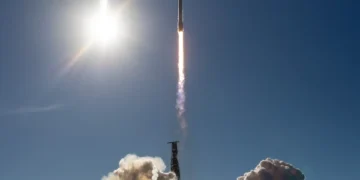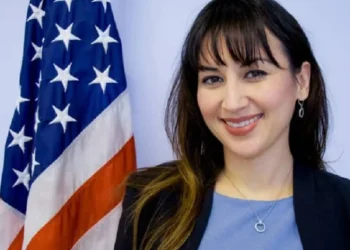Doha: Negotiations for a cease-fire in Gaza, the victim of Israeli bombing, have begun in Qatar’s capital Doha, but there are very few hopes of progress in this regard.
According to Al Jazeera, the head of the Israeli intelligence agency Mossad and the director of the American intelligence agency CIA are also participating in the Doha talks, but analysts have described the possibility of any progress as difficult considering Israeli terrorism and brazenness.
This is the first high-level dialogue since the last round of talks was held in August.
Mossad director David Barnia and CIA’s William Burns also met with Qatari Prime Minister Sheikh Mohammed bin Abdulrahman bin Jassim Al Thani.
The Israeli government is also under intense pressure from its own citizens to release the prisoners as around 100 prisoners are still held by Hamas in Gaza. Day by day, large-scale protests are taking place in Israel, in which the government is demanding a cease-fire agreement to release the prisoners, while Prime Minister Netanyahu also faces public reactions in various events.
The Israeli Prime Minister’s office has said in a statement on social media site X that the head of the Mossad has returned home after participating in the talks. Negotiations between mediators and Hamas for a ceasefire agreement will continue in the coming days.
The Qatari prime minister has said that since the martyrdom of Yahya Sinwar, he has recently resumed talks with Hamas leaders in Doha.
More than a year of Israeli bombardment has killed nearly 43,000 Palestinians in Gaza, but cease-fire talks have repeatedly stalled as Israel insists on breaking all boundaries of state terrorism.
Hamas is demanding a permanent ceasefire and the withdrawal of Israeli forces from Gaza in exchange for any deal to release prisoners. But Netanyahu is not ready for that.
Sultan Barakat, professor of public policy at Hamad Bin Khalifa University and emeritus professor at York University, told Al Jazeera, “As long as Israel continues to act arbitrarily, there will be no peaceful release of the hostages, resulting in a regional conflict.” is spreading and Israel is moving towards Iran conflict.
On the other hand, Israeli Defense Minister Yves Gallant has also opposed Netanyahu’s policy and said that only military operations are not enough to achieve the war goals and painful compromises will have to be made to bring back the hostages.
According to Israeli media, Mossad chief Barnia is participating in the talks, but he lacks authority because Netanyahu wants permanent Israeli occupation of two corridors in Gaza, the Philadelphia on the border with Egypt and the Netzerum corridors between northern and southern Gaza. .
On the other hand, Hamas says that they stand by the demands of the complete withdrawal of the Israeli army from Gaza, the release of Palestinian prisoners held in Israel, the provision of aid to Gaza and the end of the war.
Speaking to Al Jazeera, Luciano Zaccara, associate professor at Georgetown University in Qatar, said that talks have resumed but he is not optimistic about any progress.

























